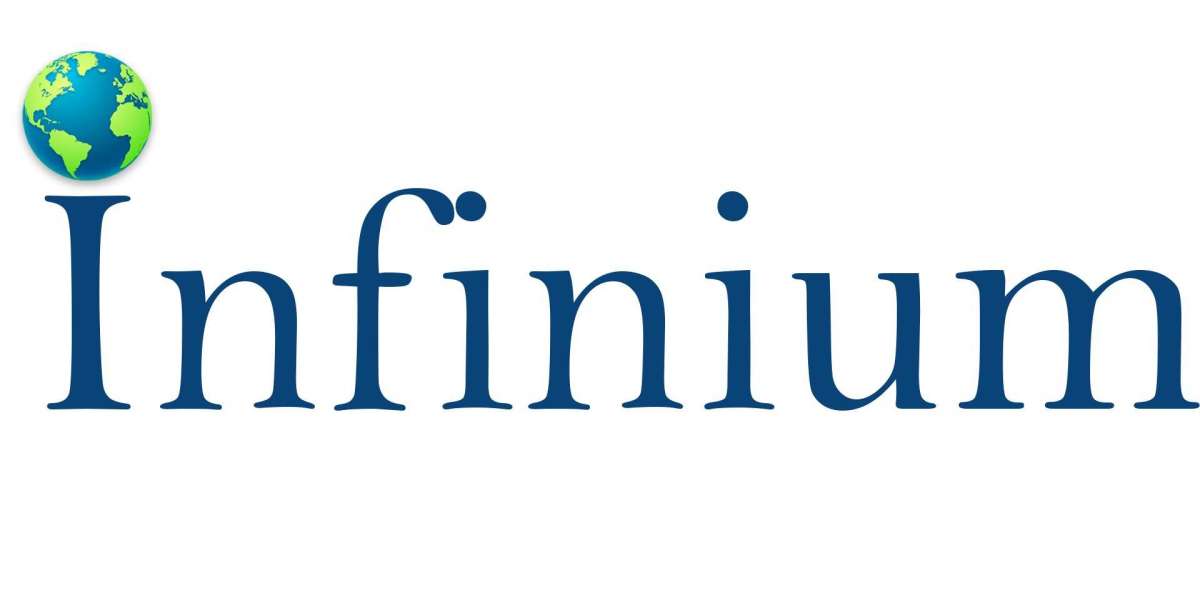The market study covers the Global Fiber Reinforced Polymer Market crosswise segments. It purposes at estimating the market size and the growth prospective of the market segments, such as supplier, application, organization size, and business vertical. The study also includes a detailed competitive analysis of the key players in the market, along with their enterprise profiles, key observations related to product and industry offerings, new developments, and key market plans.
The revenue generated by the fiber reinforced polymer market is expected to reach USD 487.26 billion in 2030 and is expected to grow with a CAGR of 10.05% over the forecast period 2023-2030.
To Know More Request Sample of this Report@ https://www.infiniumglobalresearch.com/form/497?name=Sample
A complete view of fiber reinforced polymer industry is provided based on definitions, product classification, applications, major players driving the Global fiber reinforced polymer market share and revenue. The information in the form of graphs, pie charts will lead to an easy analysis of an industry. The market share of top leading players, their plans and business policies, growth factors will help other players in gaining useful business tactics.
The forecast for Global fiber reinforced polymer market information is based on the present market situation, growth opportunities, development factors, and opinion of the industry experts. An in-depth analysis of the company profiles, fiber reinforced polymer market revenue at country level and its applications is conducted. The analysis of downstream buyers, sales channel, raw materials, and industry verticals is offered in this report.
Fiber-reinforced polymers (FRPs) are composite materials combining polymers with reinforcing fibers like glass, carbon, or aramid. These materials are increasingly used in engineering due to their impressive strength, fatigue resistance, and ability to be shaped easily. They are also stiffer and lighter than steel and other metals.
The FRP market is expected to grow significantly, with a projected compound annual growth rate (CAGR) of 10.05% between 2022 and 2030. This means the market value could jump from USD 200.83 billion in 2022 to USD 487.26 billion by 2030. Carbon fiber reinforced polymers are a particularly fast-growing segment due to their exceptional strength and lightness.
Segments Covered in this Premium Report:
- Product Types:
- Carbon fiber reinforced polymer
- Glass fiber reinforced polymer (most common type)
- Aramid fiber reinforced polymer
- Basalt fiber reinforced polymer
- End Users:
- Automotive
- Construction
- Aerospace and defense
- Electronics
- Other industries (potentially including sports leisure, renewable energy)
Regional Analysis
- North America: This region, particularly the US, holds a significant market share due to its robust production and automotive industries. The need for durable and corrosion-resistant materials is driving the use of FRP in infrastructure projects like bridges and buildings. Additionally, the automotive industry's demand for lightweight materials to improve fuel efficiency favors FRP adoption.
- Europe: While not explicitly mentioned as the fastest-growing region, Europe is likely a strong contender with its established industrial base and focus on sustainability initiatives that could benefit from FRP's properties.
- Asia Pacific (APAC): This region is experiencing the fastest growth in the FRP market. Rapid industrialization and urbanization in countries like China and India are fueling demand for construction and infrastructure projects, which heavily utilize FRP. The burgeoning automotive industry in APAC further contributes to the rising demand for fiber-reinforced polymers.
Competitive Landscape
Mitsubishi Chemical Corporation, MST Rebar Inc., BASF SE, ProlongComposites, HUBNER GmbH Co. KG, SGL Carbon, Hengshui Jiubo Composites Co.,LTD., TORAY INDUSTRIES, INC., Aegion, and Hebei Weitong FRP CO., LTD..
Report Overview: https://www.infiniumglobalresearch.com/market-reports/global-fiber-reinforced-polymer-market
Research Methodology:
The report provides deep insights into the demand forecasts, market trends, and micro and macro indicators. In addition, this report provides insights into the factors that are driving and restraining the growth in this market. Moreover, The IGR-Growth Matrix analysis given in the report brings an insight into the investment areas that existing or new market players can consider. The report provides insights into the market using analytical tools such as Porter's five forces analysis and DRO analysis of the fiber reinforced polymer market. Moreover, the study highlights current market trends and forecasts for 2023-2030. We also have highlighted future trends in the market that will affect the demand during the forecast period.
Future Outlook:
Fiber-reinforced polymers (FRPs) are revolutionizing engineering with their exceptional strength, light weight, and design flexibility. From high-durability construction elements to fuel-efficient vehicles and renewable energy infrastructure, FRPs are proving their worth across industries. As the demand for sustainable and high-performance materials continues to rise, FRPs are poised to become even more prominent. However, their higher production costs remain a hurdle. Continued research and development focused on cost-effective manufacturing processes are crucial to unlock FRP's full potential and solidify its role as a future-defining material.
In Conclusion:
Fiber-reinforced polymers offer a winning combination of strength, weight savings, corrosion resistance, and design flexibility. These qualities make them a cornerstone material in manufacturing, aerospace, automotive, and renewable energy sectors. As the demand for sustainable, high-performance materials continues to rise, FRPs are positioned to lead the market and shape the future of design and engineering.



